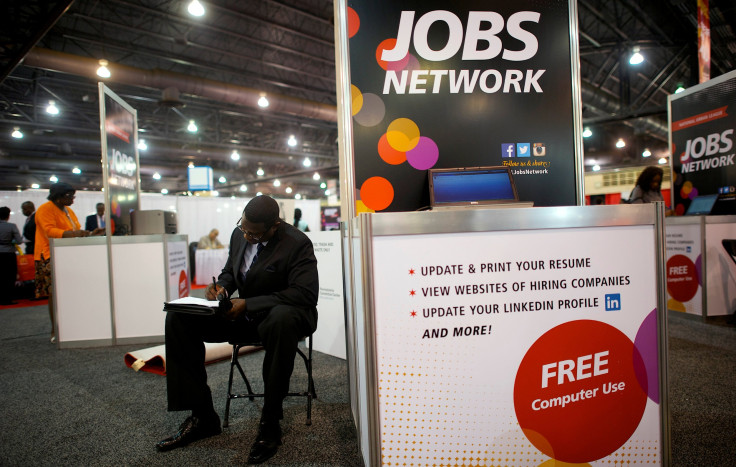Global Economy 2016: Unemployment Is Top Problem For People Around The World, Poll Finds

As it turns out, Polish and Saudi Arabian citizens are much more worried about obesity than Americans, Russian and Hungarians are stressing over poverty and inequality, the Chinese are drastically more afraid of environmental threats and “moral decline” than the rest of the world and Germans and Israelis are feeling relatively good about their nations’ unemployment situations.
That’s according to “What Worries the World,” an online survey of more than 18,000 adults in 25 countries on what worried them the most, released by global market research firm Ipsos on Thursday. Presenting respondents with a litany of global issues—including inflation, terrorism, crime, political corruption, welfare program maintenance and extremism, among others—the survey asked respondents to choose which three subjects they found “the most worrying” in their home countries.
Overall, unemployment topped the list, with 38 percent of respondents selecting the problem. Germans were the least worried about job loss: only 15 percent of respondents from the European Union’s top economy chose unemployment as a major cause of anxiety. Israel was the next least-worried about joblessness, with just 18 percent responding that they were stressed about unemployment. Spain and Italy, with unemployment rates are 19.5 percent and 11.4 percent, respectively, topped the list with 70 percent and 66 percent worried about joblessness. In constract, Germany’s unemployment rate was just 4.2 percent as of August, the month before the respondents were surveyed, and Israel’s was down to 4.6 percent by the end of July after months of steady decline.
The U.S., with a relatively low unemployment rate of 4.9 percent, wasn’t too worried about joblessness either, as less than a quarter of American respondents listed the issue as a top concern.
The Ipsos study, which had estimated margin of error of 3.1 to 4.5 percentage points, depending on the size of the sample in each country, also asked respondents whether they felt their countries were “heading in the right direction,” or “off on the wrong track.” Chinese citizens were the least pessimistic—despite their flagging GDP growth figures—with 10 percent having a negative outlook on their nation’s direction. French respondents held the most pessimistic views of their country’s future, with just 12 percent having a positive outlook.
The U.S. stood in the middle of the pack on this one, with 64 percent believing the country to be “on the wrong track.”
© Copyright IBTimes 2025. All rights reserved.






















